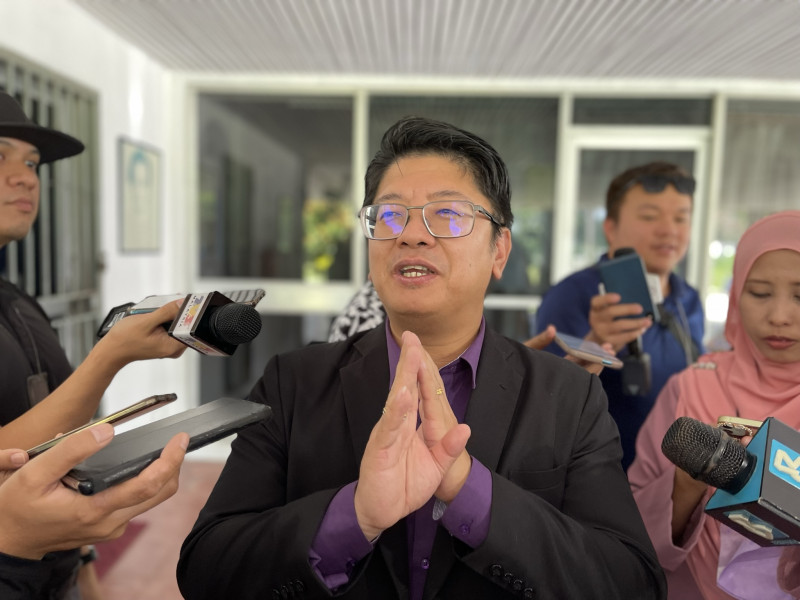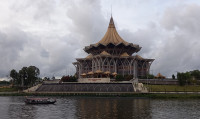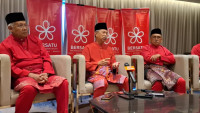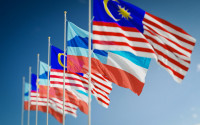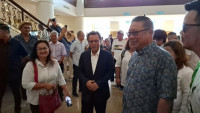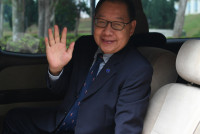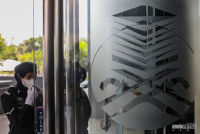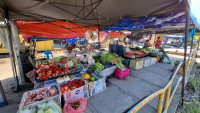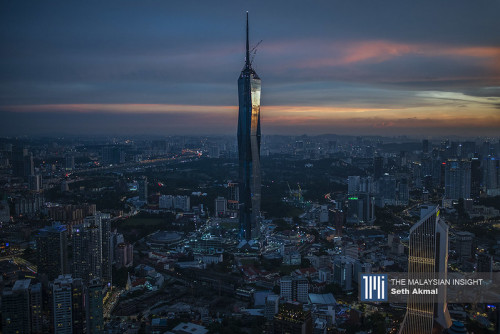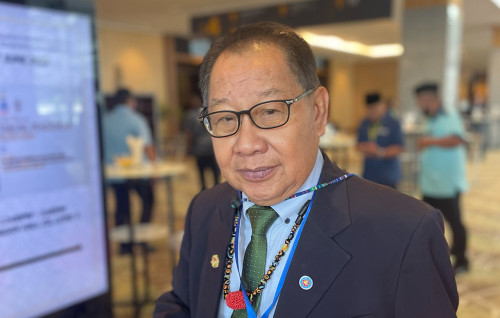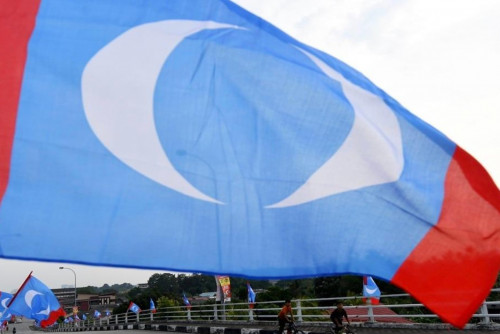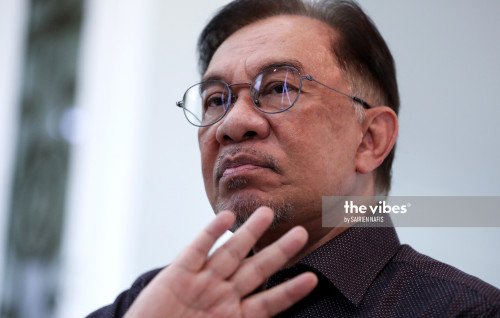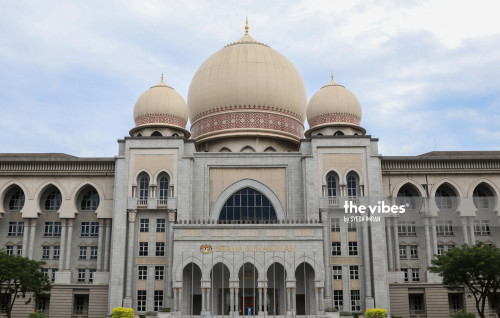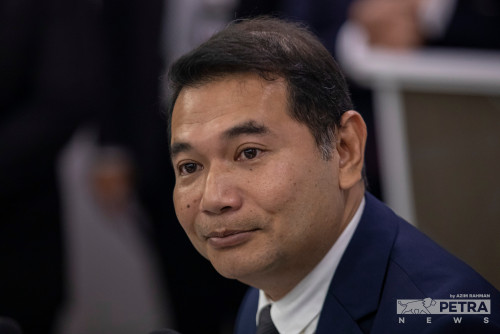KOTA KINABALU – A formula to identify what constitutes 40% of Sabah’s revenue sharing will be finalised by July next year, said Upko president Datuk Ewon Benedick.
“Although the 40% revenue entitlement is mentioned in the Federal Constitution, there is still dispute as to what actually constitutes revenue between Sabah and the federal government.
“This has been going on for many years now and to date, no one has successfully been able to define this,” he said.
The formula is in relation to the federal government’s decision in 1974 to pay a fixed amount to Sabah, which was not in accordance with the state’s constitutional rights to obtain 40% of revenue derived from Sabah.
This is stipulated in Article 112C and Section 2(1) of Part IV of the Tenth Schedule of the Federal Constitution.
Since 1974, Sabah was given RM26.3 million as a special grant until 2018. But the higher amounts received thereafter were only substitutes or interim arrangements to the 40% entitlement between Sabah and the federal government.
The interim arrangement is based on Article 112D of the Federal Constitution which calls for a revision of the grants every five years.
Benedick cited that the interpretational differences between Sabah and the federal government have made the work far from being straightforward. Therefore, careful deliberation and consideration are needed to solve the issue.
“Another issue that requires clarity is over peninsula-based companies which have set up operations in Sabah. We need to know whether this is also part of the 40% entitlement.
“We found out that the state operations have been channelling their revenue directly to headquarters in Kuala Lumpur and not here,” he said.
Benedick, who is also a member of the Malaysia Agreement 1963 (MA63) Technical Committee Implementation Council, said Sabah and Sarawak Affairs Minister Datuk Armizan Ali is drawing up the proposals for the mechanism to be presented to the MA63 Council to be finalised.
Armizan is expected to present the proposed mechanism to the council before the July deadline next year.
At the same time, Benedick said he would also use all the platforms available as the Penampang MP, Sabah’s Kadamaian assemblyman and a member of the Federal Cabinet, to assist in finalising the mechanism in time.
“I want these unresolved issues to be discussed openly in the Sabah legislative assembly,” said Benedick, adding that he also plans to meet Datuk Yap Pak Leong, the man who had come up with the 40% revenue sharing formula to learn what constitutes revenue.
Benedick said he would also seek help from the Sabah legislative assembly to reveal the revenue the federal government has collected from the state since 1974 in order to decide on a timeline as to when the 40% revenue should be implemented.
He noted the appointment of a Sabah representative in the Inland Revenue Board has now made it possible for the state to have the amount made public.
Moreover, amendments to the Inland Revenue Board Act are seen as a positive development on this front, which according to Benedick, are now being discussed at the parliamentary committee level, with the amendments likely tabled in Parliament next month.
Benedick also defended Sabah Pakatan Harapan’s decision to withdraw their originating summons in seeking the courts to declare the 40% special grant, stating that two of three matters sought in the summons have been met.
They were the Inland Revenue Board amendments and the government gazette pertaining to the interim solution to the 40% special grant issued in April last year.
He said it was only common sense for them to withdraw their summons in view of the positive progress over Sabah’s revenue entitlement.
Sabah PH had come under fire over their withdrawal of the summons with several political quarters questioning the timing and motives behind their actions.
“I cannot help people making accusations and I am also not obliged to respond to them,” said Benedick while dismissing claims that they had met with an aide to Prime Minister Datuk Seri Anwar Ibrahim before withdrawing their summons. – The Vibes, September 28, 2023



